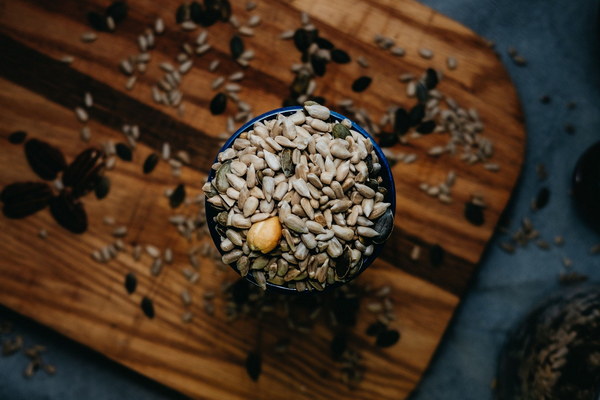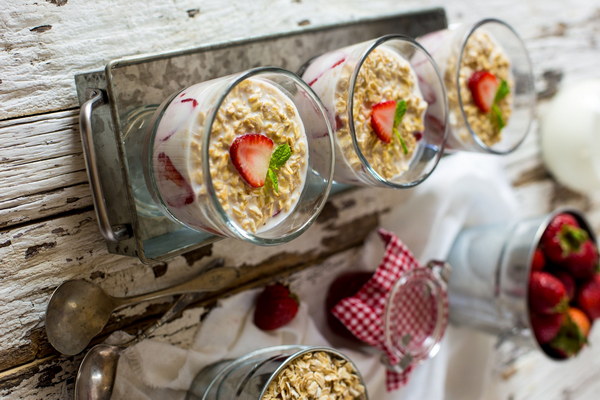Nurturing Your Gut Essential Tips for Digestive Wellness
Introduction:
The gut, often referred to as the second brain, plays a crucial role in our overall health and well-being. Maintaining a healthy digestive system is essential for proper nutrient absorption, immune function, and mental clarity. In this article, we will explore essential tips for gut health, covering diet, lifestyle, and natural remedies to help you nurture your gut and achieve digestive wellness.
1. Balancing the Gut Flora:
The gut flora, also known as the gut microbiome, consists of a vast array of bacteria that aid in digestion, absorption, and protection against harmful pathogens. To maintain a healthy gut flora, consider the following:
- Consume a diverse range of fermented foods, such as yogurt, kefir, sauerkraut, and kimchi, which are rich in probiotics.
- Eat prebiotic foods like bananas, onions, garlic, and asparagus, which nourish the probiotics in your gut.
- Avoid excessive use of antibiotics, as they can disrupt the balance of your gut flora.
2. High-Fiber Diet:
A high-fiber diet is vital for maintaining a healthy gut. Fiber adds bulk to your stool, aiding in regular bowel movements and preventing constipation. Incorporate the following high-fiber foods into your diet:
- Fruits and vegetables: Berries, apples, carrots, and spinach are excellent sources of fiber.
- Whole grains: Oats, brown rice, and quinoa are rich in fiber and can help regulate digestion.
- Legumes: Beans, lentils, and chickpeas are not only high in fiber but also provide a variety of nutrients.
3. Hydration:
Proper hydration is crucial for maintaining gut health. Adequate water intake helps to keep your digestive system moving smoothly and can prevent constipation. Aim to drink at least eight glasses of water per day, and consider adding a squeeze of lemon or cucumber to your water for added flavor and health benefits.
4. Regular Exercise:
Regular physical activity can improve gut health by promoting good circulation, reducing stress, and encouraging regular bowel movements. Aim for at least 30 minutes of moderate exercise most days of the week.
5. Manage Stress:
Chronic stress can negatively impact your gut health. Techniques such as meditation, yoga, deep breathing exercises, and sufficient sleep can help manage stress levels and promote a healthy gut.
6. Avoid Processed Foods and Artificial Sweeteners:
Processed foods and artificial sweeteners can disrupt the balance of your gut flora and contribute to digestive issues. Minimize your intake of these foods and opt for whole, unprocessed options whenever possible.
7. Natural Remedies for Digestive Relief:

In addition to lifestyle and dietary changes, there are natural remedies that can help alleviate digestive discomfort:
- Peppermint tea: Known for its calming properties, peppermint tea can help relieve bloating, gas, and indigestion.
- Chewing gum: Chewing gum stimulates saliva production, which can help with digestion.
- Probiotic supplements: If you struggle to incorporate probiotic-rich foods into your diet, consider a probiotic supplement.
Conclusion:
Nurturing your gut is essential for overall health and well-being. By incorporating these tips into your daily routine, you can promote digestive wellness and enjoy a healthier life. Remember, a balanced diet, regular exercise, stress management, and natural remedies can all contribute to a healthy gut microbiome.









